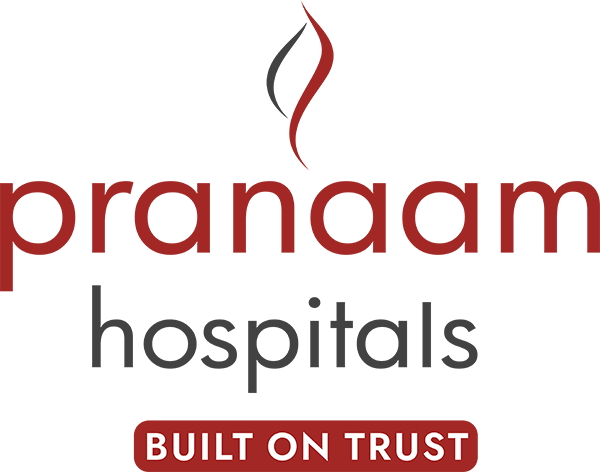During childbirth, the pregnant woman’s body undergoes a series of changes from the onset of labor until the baby is born. Understanding these symptoms is crucial for women today. Generally, the following symptoms may occur in the body before childbirth:
Cervical Dilation: The process of cervical dilation begins well in advance of childbirth, with doctors monitoring and determining the appropriate timing for delivery based on the extent of dilation.
Back Pain, Nausea, Vomiting: Back pain, nausea, and abdominal discomfort are common symptoms during childbirth. Additionally, leg cramps and back pain may also occur.
Rupture of Membranes (Water Breaking): Swelling of the body before childbirth can indicate the impending rupture of the amniotic sac.
Fatigue: Fatigue typically increases slightly before and after childbirth, making it challenging to perform everyday activities such as walking and sitting.
Increased Urination Urgency: Urinary urgency and frequency may increase as childbirth approaches, with doctors advising to seek medical advice if there is a sudden increase in urine flow.
Muscle Pain: Muscle pain may intensify in the weeks leading up to childbirth, necessitating adequate rest and care.
Sweating: Mild sweating is common during childbirth, but excessive sweating or the passage of amniotic fluid warrants medical attention.
Vomiting: Occasional vomiting may occur during childbirth, although excessive vomiting coupled with increased urine flow should prompt consultation with a doctor.
Changes in Fetal Movement: Fetal movement may change as labor approaches. This could mean increased activity or different patterns of movement as the baby gets ready for delivery.
Energy Fluctuations: Some women may experience a burst of energy (often referred to as the “nesting instinct”) shortly before labor begins, while others may feel fatigued or experience a decrease in energy levels.
It is important for pregnant women to be aware of these symptoms and seek medical guidance if they experience any concerns or complications during childbirth.
During pregnancy, it’s essential for expectant mothers to prioritize the following aspects to ensure the well-being of their baby:
Regular Doctor Consultations: Pregnant women should schedule regular appointments with their healthcare providers and adhere to their recommendations for prenatal care.
Avoid Heavy Lifting: Refrain from lifting heavy objects such as pails, sacks, or heavy groceries, and focus on consuming a nutritious diet to support the baby’s development.
Avoid Alcohol and Smoking: It’s crucial to abstain from alcohol and smoking during pregnancy, as they can have harmful effects on the baby’s health.
Stay Active: Engage in light exercises approved by your healthcare provider to promote a comfortable delivery and maintain overall health during pregnancy.
Rest and Relaxation: Especially in the latter stages of pregnancy, it’s important for expectant mothers to maintain a low profile and prioritize rest to conserve energy for childbirth.
Sleep Position: Sleeping on the left side is recommended during pregnancy as it improves circulation to the heart and allows for optimal blood flow to the baby.
Manage Stress: Avoid stress and anxiety during pregnancy, as they can negatively impact the baby’s health in the womb. Utilize relaxation techniques and seek support if needed.
Footwear: Pregnant women should avoid wearing high heels, as they can increase the risk of slips and falls, posing a danger to both the mother and the baby.
How is long distance travel?
Long distance travel during pregnancy, especially after the fifth month, can pose potential risks. Extended periods of sitting or standing, limited mobility, and exposure to unfamiliar environments can lead to discomfort, fatigue, and an increased risk of blood clots.
Additionally, access to adequate medical care and facilities in case of emergencies may be limited while on the move. It’s generally advisable for pregnant women to avoid long distance travel, particularly as the pregnancy progresses, to prioritize the well-being of both the mother and the developing baby.
What is necessary guidance?
Necessary guidance during pregnancy includes:
Nutrition: Information on maintaining a balanced and nutritious diet to support the mother’s health and the baby’s development.
Prenatal Care: Regular check-ups and medical assessments to monitor the progress of the pregnancy, identify and address any complications, and ensure the well-being of both the mother and the baby.
Exercise: Recommendations on safe and suitable physical activities or exercises during pregnancy to promote overall health and prepare for childbirth.
Lifestyle: Guidance on maintaining a healthy lifestyle, including advice on stress management, adequate rest, avoiding harmful habits (such as smoking and alcohol consumption), and maintaining a safe environment.
Childbirth Education: Information about the childbirth process, including what to expect during labor, delivery, and postpartum care.
Emotional Support: Assistance in dealing with emotional and mental health-related challenges during pregnancy, including stress, mood changes, and concerns about the impending life changes after giving birth.
Also Read: Understanding about hyperthyroidism
Symptoms and Causes of Leprosy


